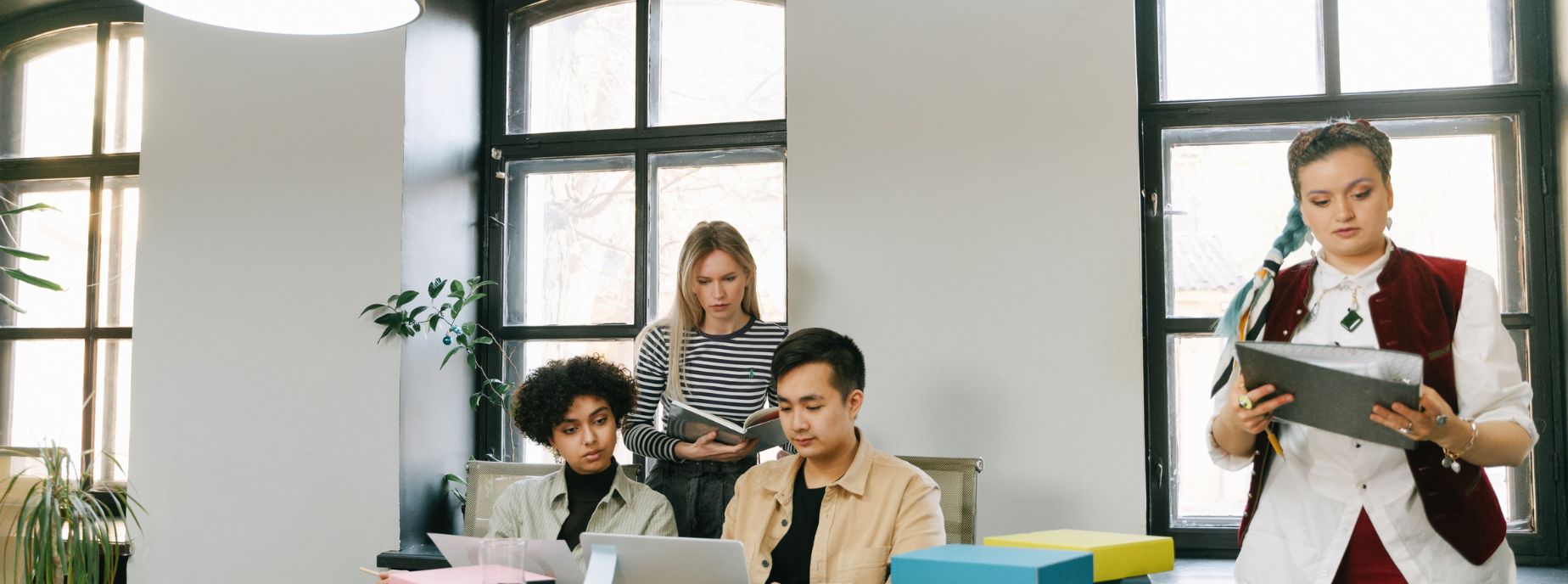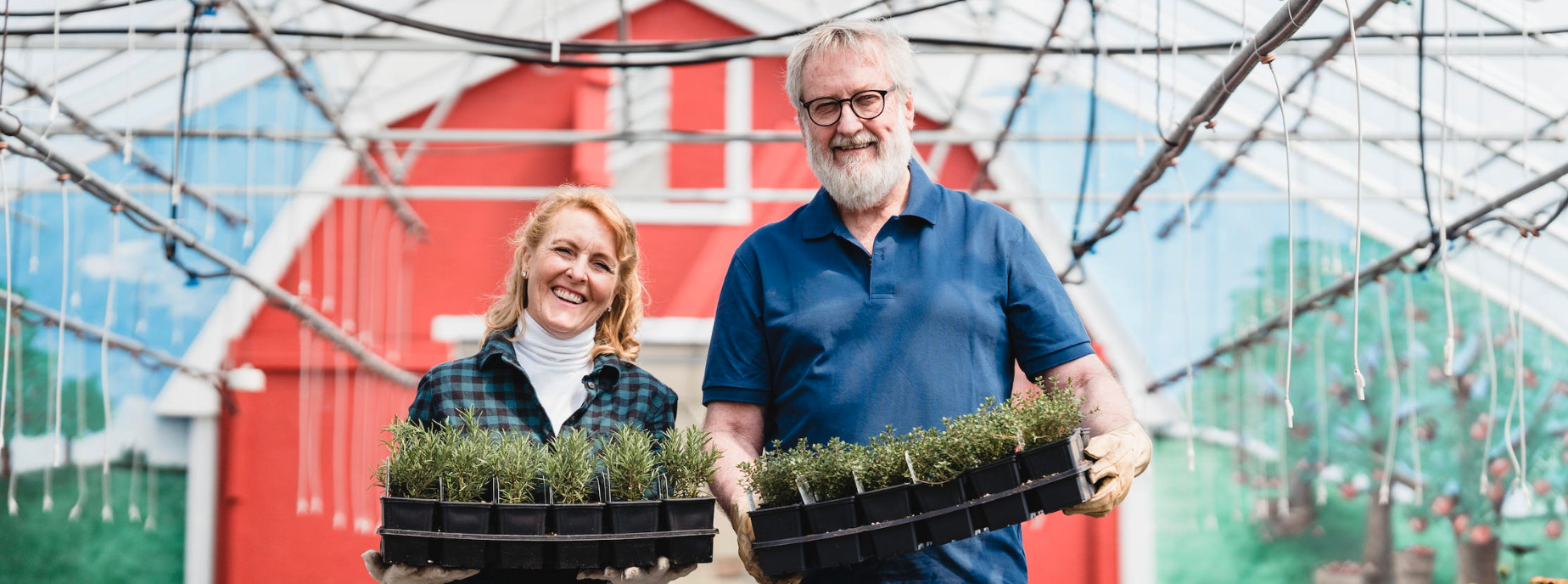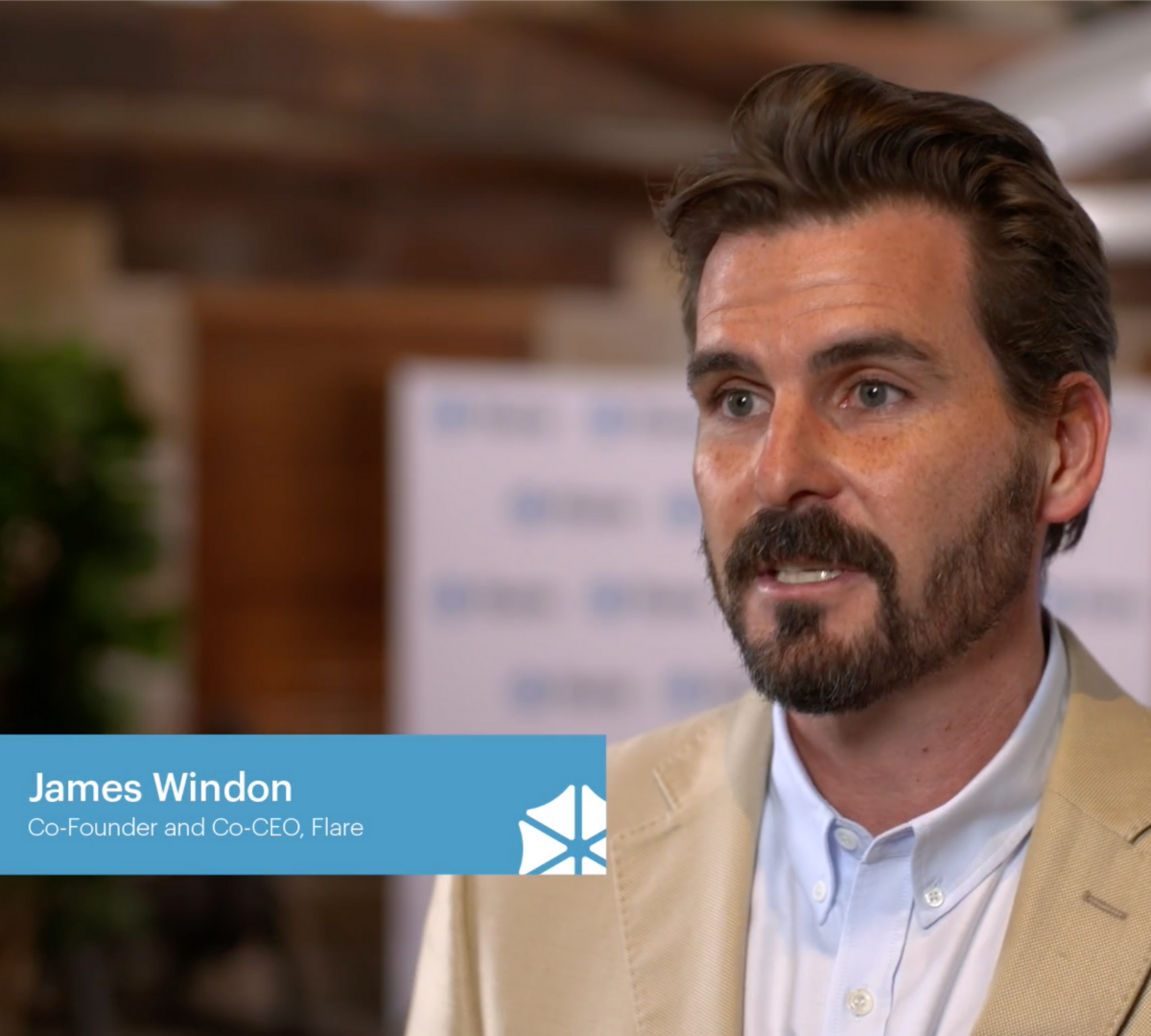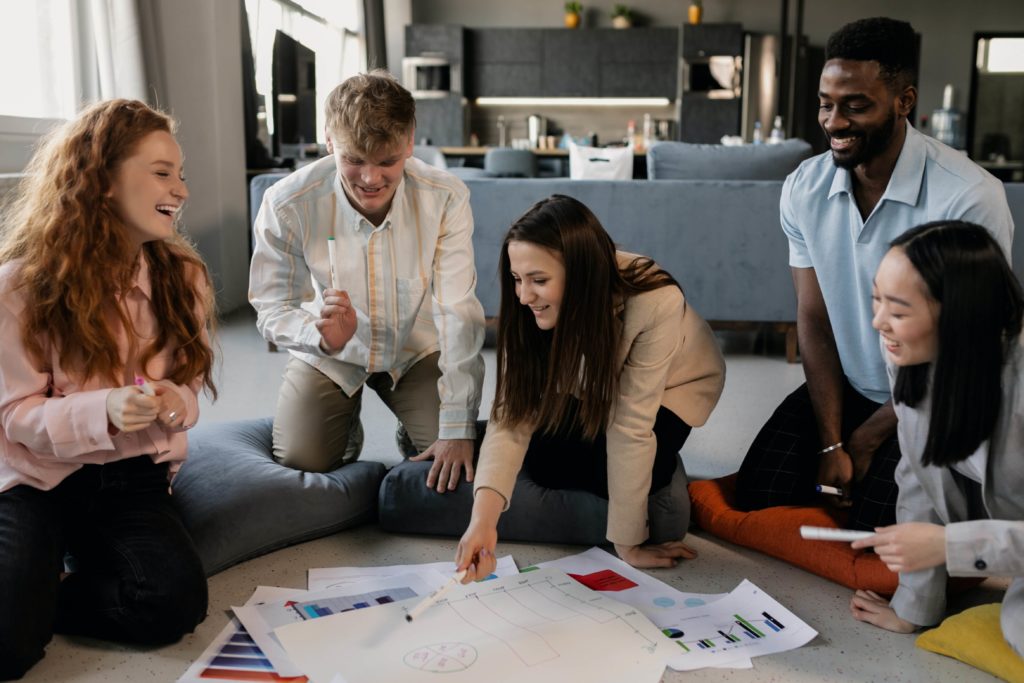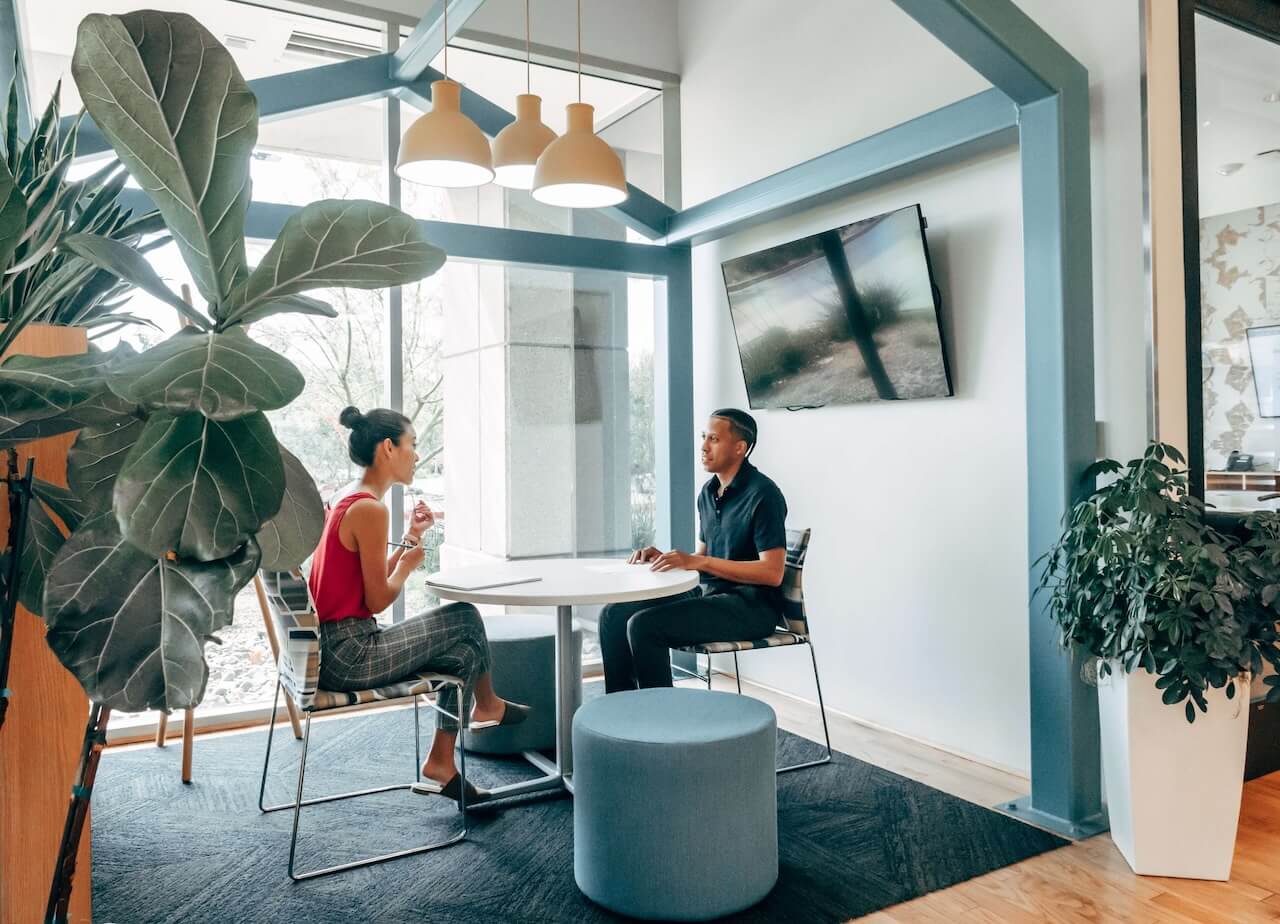We interviewed Lauren Dick, the founder and director of Relier Group. Lauren has over 10 years of experience working for Australian owned retail brands such as Kookai, Aje and Tigerlily. In her experience working as a national training and development manager for Tigerlily and a National Retail Manager at Aje, she was responsible for coaching and developing hundreds of individual sales associates all across Australia.
She has now launched her own business, Relier Group, which is a HR consultancy business with the goal of making enterprise training and recruitment accessible for all businesses. Lauren uses her skills to build bespoke training programs and talent acquisition programs which help her clients build high performance teams who achieve consistent business results.
What are the company values of Relier Group and how do you uphold these values?
Relier is a french word with an English translation which means to connect. Connection is my founding value and my two other values are community and communication. My goal is to help businesses connect with their staff so that they can generate customer loyalty, client loyalty, and employee engagement. The communication value is based on open, honest, transparent and kind communication.
The reason I started Relier is because not all companies can afford to have an in house training manager or an in house HR support, so I started Relier so that no business would have to miss out on the benefits that HR can establish between an employee and the business.
What are some things you’ve learned by working in HR?
One of the biggest things I’ve learned by working in HR is to get feedback from the staff who are customer-facing because they tend to understand the customer best. Some businesses make the mistake of making assumptions about what their customer wants when they are quite removed from their customers. A better strategy is to ask their customer-facing staff for feedback.
Another important lesson I’ve learned is to coach your team to make decisions for themselves. I’ve worked in roles where I would have 300 people reporting to me, so it would be impossible to dictate every decision everyone makes. Instead, I learned to coach my team into being autonomous. By asking them the right questions which are thought-provoking and solution-focused. In the long term being able to coach people into making the right decisions instead of telling them what to do will mean you will develop a team of amazing leaders that are ready to take on new challenges.
Where do you go to learn?
I think that the best way to learn is to look at what other companies are doing well, what they’re not doing well, and then developing an innovative strategy based on that. I would probably say a lot of my learning is self driven and is about understanding the competitive climate.
How do you ensure that a new hire is a good fit for your clients?
In my experience with recruiting for large companies for several years, what I’ve learned is that the culture first approach gets the best outcome in the end. The culture first approach means that you hire people based on cultural fit first, rather than their technical skill. The reason why I use this approach is because I believe that the best outcomes don’t always come from the people who have the best technical skill. Culture fit is especially important in a client and customer facing role, because the employees are representing the brand to customers and clients in everything they do. In my experience, a culture fit is always more important than a skill fit because skill fit is easier to find.
What tips would you give someone who’s just starting out in HR?
In any HR role, you have to start by really mastering leadership and mastering people management. Theory can only teach you so much it really comes down to getting practical experience in leadership and management roles. In these roles you will be able to learn how to manage different personalities, learn how to be an effective communicator and how to take on feedback to give feedback.
Education comes next when you’re at the point where you do want to step into a generalist role or a HR specific role. However, experience comes first because it’s hard to give advice when you haven’t been in the situation yourself. That’s why it’s important to pick your field, get experience, lead people, become an amazing leader and then go from there.
What are some of the best things that you’ve learned about leadership?
I think good leadership starts with communication. One of the best things I’ve learned is how to communicate effectively and drive learning for different personality types. Learning that different people have different needs has been really beneficial for me.
I’ve learnt to tailor my communication based on the needs and innate motivations of each individual team member and this has certainly been fundamental to my success. For example, I consider who in my network is an intuitive leader, who is driven by analytics, who is driven by individual success, who is more driven by shared team successes and so on. This then determines how I lead, coach and personalise their training to optimise outcomes. Communicating differently with each personality type is a skill I’ve learnt through retail training courses and consistent applied practice throughout my entire career.
How do you lead, coach and strategise with clients to achieve great retention rates for them?
It depends on what service they need, whether it be hiring and performance advice or developing customer service models.
My approach is to collaborate with the entire team, get to know the customer and develop a model which is customised for them. This helps to improve the retention rates and get better results on the shop floor.
Adjusting the focus and roles of the team to ensure that the right people are in the right roles is also important. For example, moving team members to focus on KPIs or moving them from a KPIs focus to a networking focus. This process ensures that my clients can retain talent and save on costs associated with having to hire or train new employees.
How do you ensure that new hires of your clients have a great experience?
I work on the onboarding process for my clients as a first step. An example which comes to mind is when I developed a digital onboarding experience using Flare for one of my clients. This client was a holiday and travel business, so I developed an onboarding process which was aligned to their values. In this onboarding process, it would take new starters on a digital journey which was really unique to the client’s business. I believe that a new starter’s onboarding experience sets the tone for what they can expect on their first days at work.
Are there any final words you’d like to share with our audience?
The best thing you can do is communicate regularly with your team and lead with kindness. This can help you ensure that you are staying productive and working towards your goals.
Some businesses are afraid to share results with their team, however I believe that it’s important to educate your team on the results, why they’re important and how they can impact the business in a positive way. Showing your team that they are important and they can make an impact is my biggest tip.



